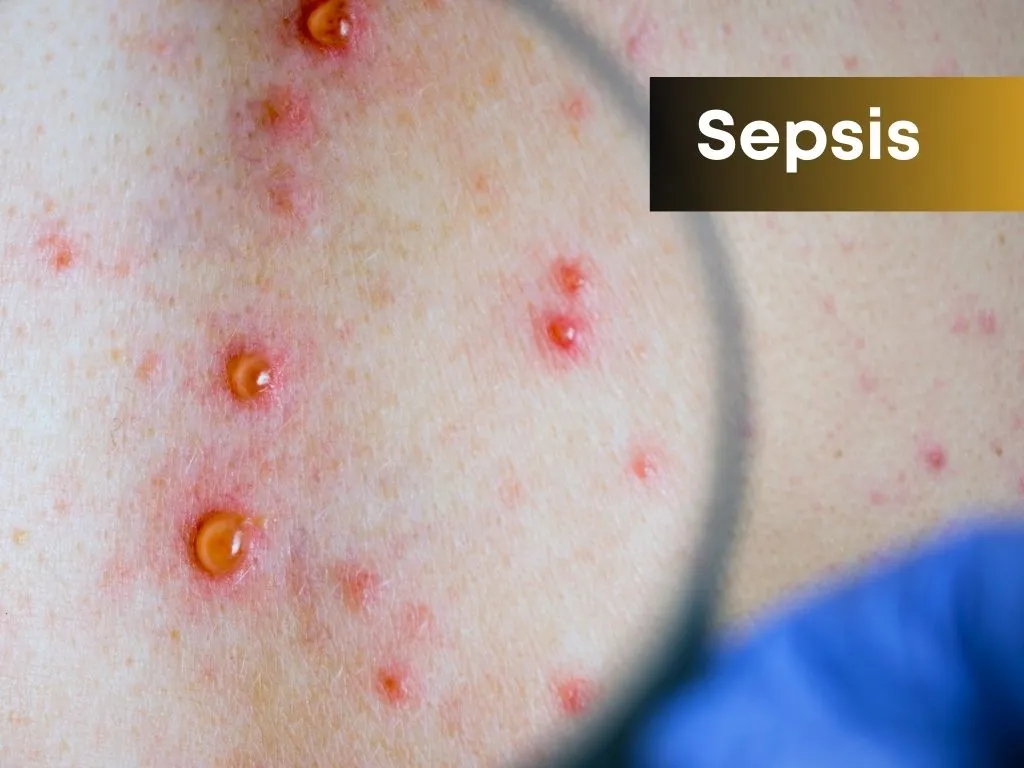Bell's palsy
-
 Nalamaree Team
Nalamaree Team
- 24 September 2025
Overview
Bell's palsy is a condition that causes temporary weakness or paralysis of the muscles on one side of the face.
It occurs when the facial nerve, which controls the muscles of the face, becomes inflamed or compressed.
The exact cause of this damage is often unknown, but it's believed to be due to swelling and inflammation of the nerve.
Causes
Bell's palsy is believed to be caused by inflammation or compression of the facial nerve, also known as the seventh cranial nerve.
This nerve controls the muscles of the face, including those responsible for facial expression, taste sensation in the front two-thirds of the tongue, and tear and saliva production.
While the exact cause of Bell's palsy is often unknown, it's generally believed to be related to viral infections, particularly the herpes simplex virus (HSV).
Other factors that may increase the risk of developing Bell's palsy include:
Symptoms
Treatment: Modern Medicine
The treatment of Bell's palsy typically aims to reduce inflammation, promote nerve regeneration, and manage symptoms to facilitate recovery.
Treatment: Traditional Medicine
Caution





















.jpg.webp)
